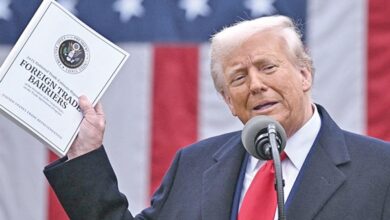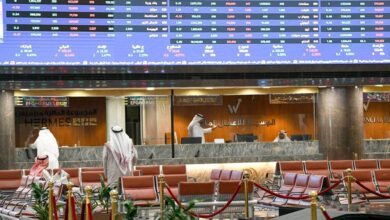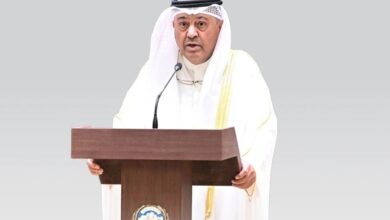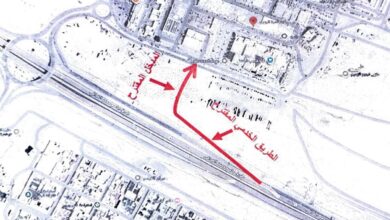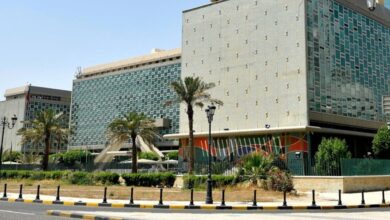International observers hail success of 2024 National Assembly elections
The international mission noted “the readiness of all the polling centers visited to receive voters, including those with disabilities and the elderly, as these centers were equipped with all the necessary capabilities to facilitate access for these groups.”
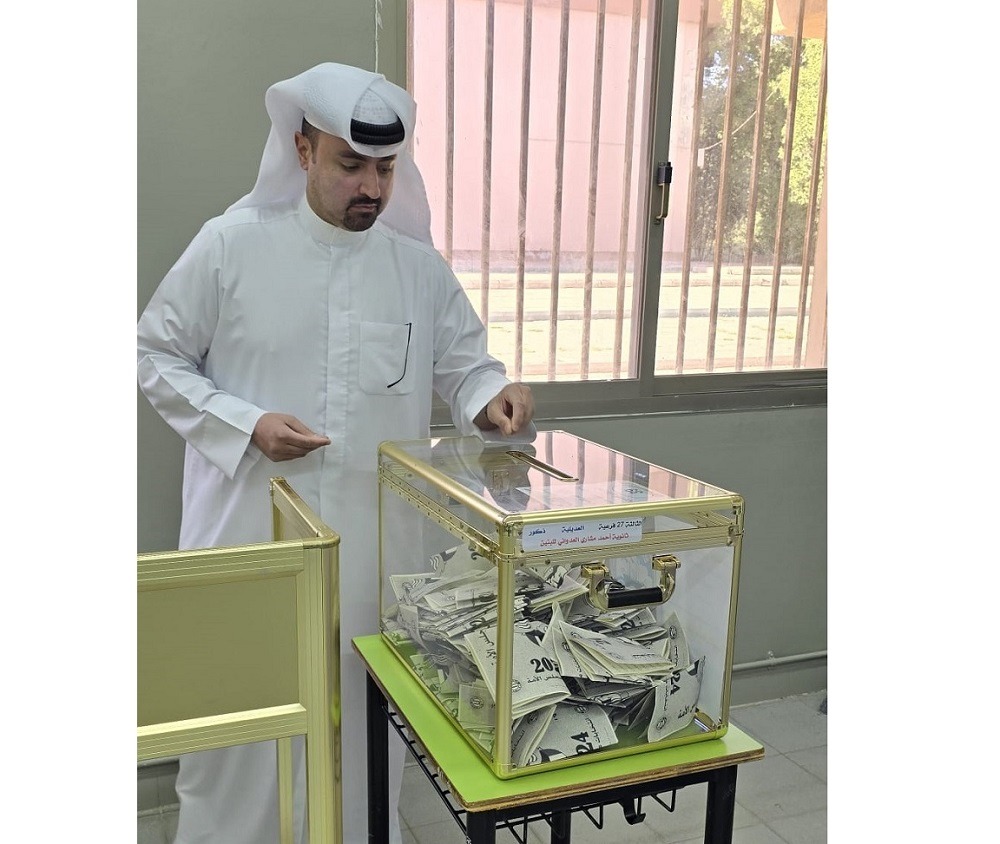
The Kuwait Transparency Society relayed the praises and observations of the international mission accompanying the association team during the 2024 National Assembly elections.
The mission noted “the cooperation of all committees in the polling stations that were visited and the permission granted to observers to enter the committees and follow the electoral process.”
The association released its report on the electoral process, explaining that the international mission noted “the readiness of all the polling centers visited to receive voters, including those with disabilities and the elderly, as these centers were equipped with all the necessary capabilities to facilitate access for these groups.”
At the same time, the mission pointed out that “some subcommittees, particularly in the fourth and fifth districts, were overcrowded with the number of eligible voters, with an average of between 900 and 1,300 voters per committee. International standards recommend that a committee should not exceed 800 voters to facilitate voting for all voters within the specified time limit for the election and to facilitate the work of the Judicial Committee supervising the voting process.”
The mission highlighted “the lack of clarity in the criteria for electoral silence in Kuwait’s electoral law. It was observed that the electoral campaign of some candidates continued on polling day, which could conflict with the principle of voters’ freedom to choose their representatives impartially and without pressure.”
The mission indicated “the importance of having unified instructions to define the process, including the counting of votes within the committees, to prevent any room for negligence.”
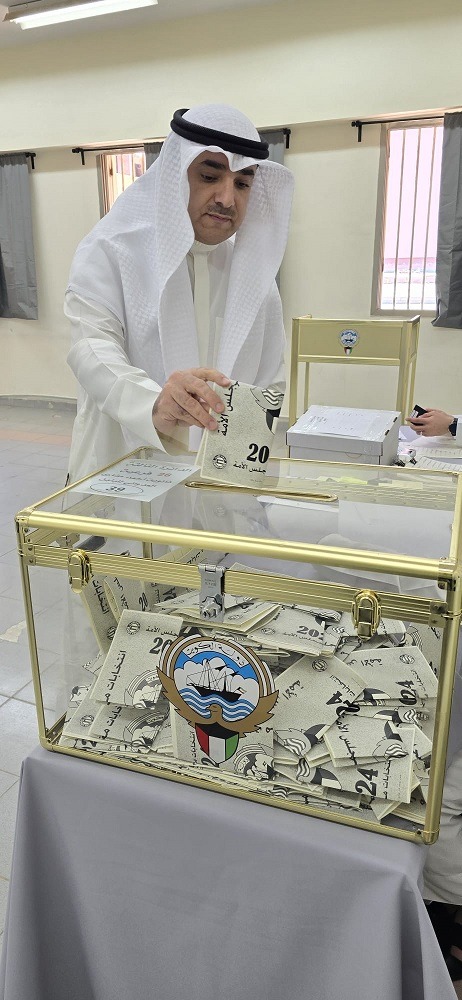
The ‘Transparency’ report featured five recommendations, outlined as follows:
- Take the initiative to promptly approve amendments to the “General Elections Commission” law, responsible for executive election management, monitoring and controlling electoral spending, electoral propaganda and media, voting for residents outside Kuwait, sorting operations, community participation, opinion polls, and electoral silence, in addition to promoting democratic culture.
- Review the district system and voting mechanisms to achieve greater justice. Also, review the individual and group nomination system to enhance citizenship and communication, aiming to achieve development.
- Working on developing a law that guarantees civil society organizations’ right to monitor the electoral process as a civil right, in accordance with international charters, treaties, and standards. This effort aims to enhance neutrality and transparency in managing the electoral process.
- Work on issuing a “Political Groups Law” that regulates their operations based on conditions and controls for their establishment and publicity, rather than the current secrecy surrounding their activities. The law should also regulate their rights, duties, financial affairs, and the transparency of their resources and banks in accordance with the constitution.
- Amending National Assembly Members’ Elections Law No. 120 of 2023 to include the following implementations:
- Organizing the right to vote for Kuwaitis detained pending investigation or imprisoned in cases that do not negate their right to participate in elections.
- Providing better services to ensure the participation of people with disabilities, the elderly, and the sick in voting.
- Determining the criteria for disqualifying candidates, the time required for such disqualifications, and the procedures for appealing disqualification decisions.
- Increasing penalties for electoral crimes, particularly in by-elections and vote-buying, including the possibility of revoking membership for those successfully elected.
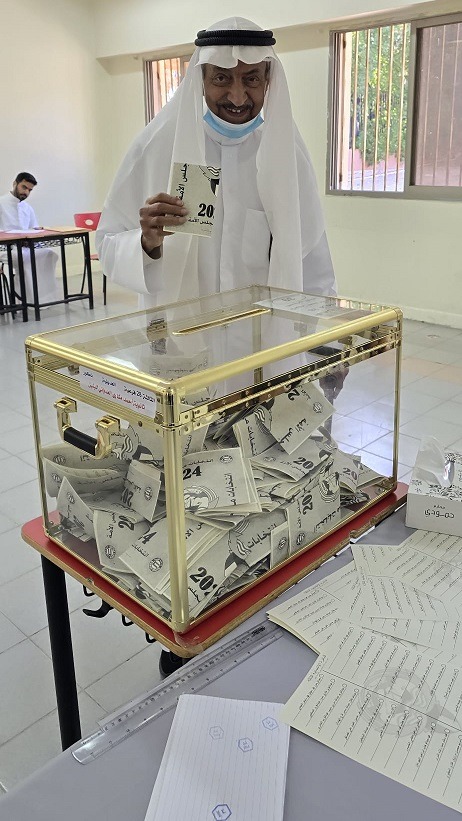
Ministry of Interior’s key role in elections
The association’s report indicated that “the men and women of the Ministry of Interior played a distinguished role in organizing the elections from the beginning of the polls until the end of the counting processes and the announcement of results.”
Despite the heavy presence of members from the Ministry of Interior, it was noted that some candidates’ representatives were present in the courtyards of the polling stations, serving drinks and food with them. They also placed the candidate’s picture on the tables as a form of electoral propaganda after breakfast, without removing it.
Transforming royal speech into public policies
The report stated that the Ministry of Information, through official channels and social media accounts, began daily coverage of the National Assembly elections. It is evident that there is a plan to extract policies from the esteemed speech delivered by His Highness the Amir Sheikh Meshaal Al-Ahmad Al-Jaber Al-Sabah – may God protect him – and transform them into public policies on the ground through television programs, political broadcasts, publications, and breaks between programs.
Special teams have been formed to monitor violations related to the Ministry of Information, especially those concerning the electoral day of silence. The ministry has urged all candidates to register their electoral program with the ministry for broadcasting on-screen, in compliance with international standards for the role of official media, promoting neutrality and transparency.
Efforts have also been made to curb categorical electoral analysis programs that may influence voter opinion without a clear polling mechanism.










